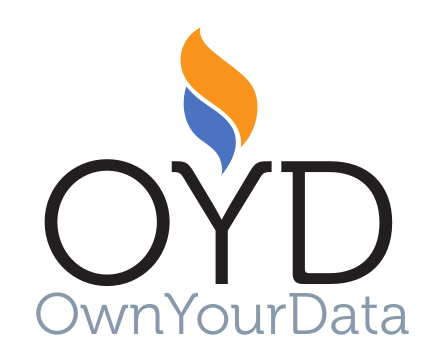Der MyData Weekly Digest ist ein wöchentlich erscheinender englischer Newsletter von OwnYourData, der sich der Berichterstattung innerhalb des menschen-zentrierten Ansatzes bei der Verwaltung personenbezogener Daten widmet.
Lesen Sie hier die „Best-Of“-News oder tragen Sie sich für den MyData Weekly Digest ein, um wöchentliche Updates zu erhalten.
News
17. September 2021
9/11’s Legacy: Mass Surveillance
Twenty years ago, the privacy hawk Senator Wyden helped kill an infamous post-9/11 program called Total Information Awareness. He’s still trying to rein it in.
After the 9/11 attacks, one big concern was connecting the dots. Failing to do so was why we missed the warning signs of the attacks and how we would prevent the next ones, the thinking went. One solution, according to the Pentagon, was a project to gather as much data as possible, to look for signs of future bad behavior.
Meat Accounts For Nearly 60% of All Greenhouse Gases From Food Production
Production of meat worldwide causes twice the pollution of production of plant-based foods, a major new study has found: The entire system of food production, such as the use of farming machinery, spraying of fertilizer and transportation of products, causes 17.3bn metric tonnes of greenhouse gases a year, according to the research. This enormous release of gases that fuel the climate crisis is more than double the entire emissions of the US and represents 35% of all global emissions, researchers said. #climate #food
Microsoft Account Goes Passwordless
Anyone with a Microsoft account can now remove their password from the account entirely to enable better security.
„For the past couple of years we’ve been saying that the future is passwordless, and today I am excited to announce the next step in that vision,“ Microsoft wrote – learn more here. #identity #microsoft
Data Privacy: does anyone care?
Jason Smith from Meeco: „People most certainly do care about their data privacy. The question is: how are organisations going to bridge this data privacy chasm?“ #privacy
The Flaws of Policies Requiring Human Oversight of Government Algorithms
Policymakers around the world are increasingly considering how to prevent government uses of algorithms from producing injustices. One mechanism that has become a centerpiece of global efforts to regulate government algorithms is to require human oversight of algorithmic decisions.
Tl;dr it doesn’t work. #government #policy
Inequality is growing between gig workers and employees
Only a small group will retain the privileges that workers fought to gain over the last 150 years. The origins of the gig economy — where short-term, freelance tasks are allocated by an online service — lie in Amazon’s Mechanical Turk platform, launched in 2005, a few years before the term “gig working” was coined. #equality #gig-economy
Making sense of digital contact tracing apps for the next pandemics
In an interview with AlgorithmWatch, Prof. Susan Landau discusses why we need to resist fear in the face of pandemic uncertainty and the normalization of health surveillance technologies — and why the time to have a broad democratic discussion about their future uses is now. #contact-tracing #coronavirus #health-data
Instagram Boss Says Social Media is Like Cars: People Are Going To Die
Adam Mosseri may want to take a second pass at that one:
In an interview he attempted to defend the negative effects his platform has on its users by comparing social media to cars. The gist of his argument? Some people are just going to get run over, and that’s the price we all pay. „We know that more people die than would otherwise because of car accidents, but by and large cars create way more value in the world than they destroy.“
Google and Apple, Under Pressure From Russia, Remove Voting App
Apple and Google removed an app meant to coordinate protest voting in this weekend’s Russian elections from the country on Friday, a blow to the opponents of President Vladimir V. Putin and a display of Silicon Valley’s limits when it comes to resisting crackdowns on dissent around the world. #apple #censorship #google #russia





